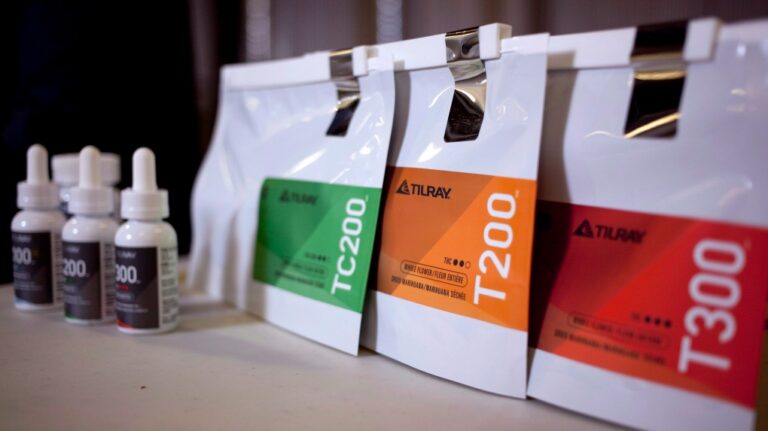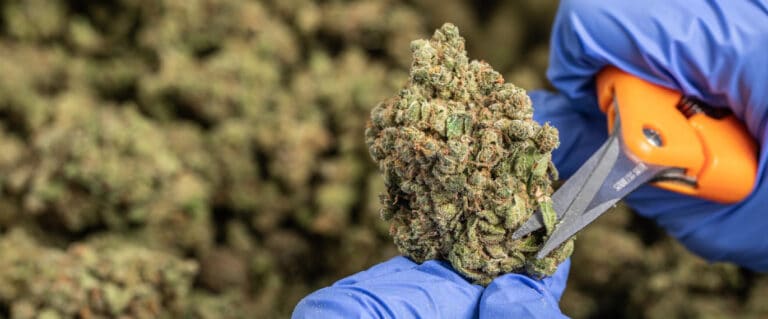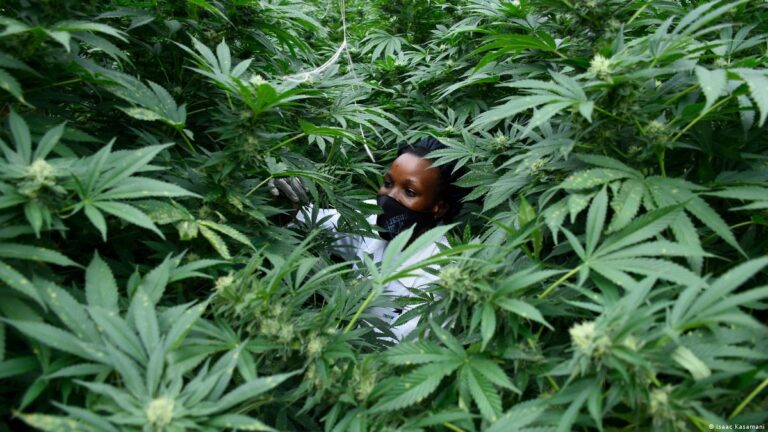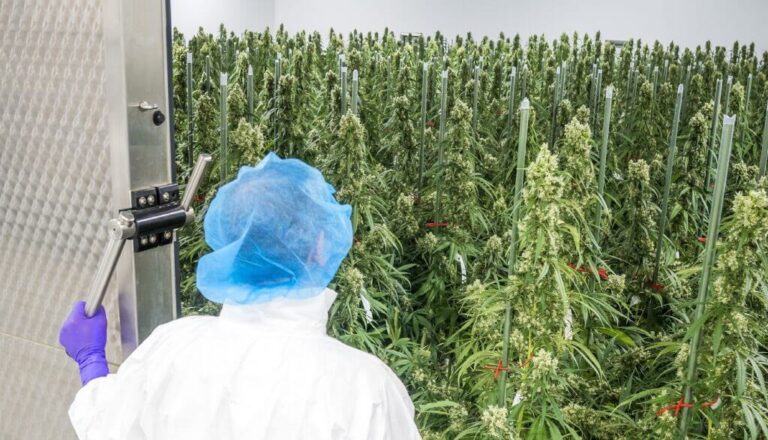Cyril Ramaphosa, the president of South Africa, has restated promises to hasten the commercialization of both hemp and cannabis products in the South African cannabis sector. He referred to a promise made in 2022, also in his state of the nation address, that the government will mobilize investment in the hemp and cannabis sectors in his speech outlining the government’s goals for 2023.
The president stated in his speech that the government is working to address the circumstances that would promote the expansion of the cannabis industry, particularly for farmers in rural areas. In order to allow for outdoor cultivation and harvesting by rural farmers, the Departments of Agriculture, Land Reform and Rural Development and Health are collaborating closely to improve the current conditions for cultivating cannabis in Africa.
Currently, licensed farmers cultivate their hemp and cannabis indoors in regulated environments. They will be able to farm outside on a larger scale thanks to commercialization.
This is a lot of fun. The sector has the ability to increase employment, combat poverty, economy stagnation and lessen South Africa’s high inequality. According to one estimate, the industry has the capacity to add more than 130,000 new employment.

The hemp and cannabis industries present a business opportunity because they are new, rapidly expanding, multi-billion dollar industries with domestic and global markets. In South Africa alone, the potential legal medicinal market for hemp and cannabis has been pegged at over R100 billion annually.
But there are difficulties.
First, the government is failing to make the necessary modifications to guarantee that the industry develops in a way that helps farmers in townships and rural areas. It is one thing to include a section in the yearly state of the country address devoted to the cannabis and hemp industries. But seeing plans carried out and actions taken is another.
The second is that small-scale cannabis farmers agreed to receive licenses to operate lawfully starting in the middle of 2022. Some farmers in the Eastern Cape’s rural communities are still waiting, though.
However, there is a path ahead. I offer four suggestions to expedite the process based on my knowledge as a member of the Cannabis Organization University of Pretoria and a participant in one of the working groups formed to offer feedback for a government masterplan initially drafted in 2021.
These include updating the current master plan, reactivating inactive working groups, making sure the plan is in place before investments are made, and establishing a monitoring and evaluation capability.
a stuck procedure
The president stated that urgent work is being completed by the government to develop an accommodating regulatory framework for hemp and cannabis plants in order to accelerate the commercialization of the South African cannabis sector. This covers their application in food, cosmetics, supplemental treatments, and some industrial items.
The president declared that the government was rushing to complete the tasks necessary to establish this favorable climate.
However, several fundamental questions must be addressed, such as what happened to the working groups and workstreams established for the cannabis master plan in 2021–2022. Participants in these working groups and workstreams came from the public and corporate sectors, as well as from academic institutions and the cannabis research community. The groups made a favorable impression and were currently examining and updating a plan to commercialize hemp and cannabis. Making ensuring that township business owners and rural farmers would profit from any changes was one of the main goals.
However, working groups disintegrated and vanished into thin air.
Thus, the president’s remarks raise the question of what happened to the workstreams and master plan working groups. How far along is the commercialization of cannabis when the president talks about accelerating it?
The next step
First, the presidency needs to reactivate the workstreams and working groups for the cannabis master plan to make the South African cannabis sector work. They must be given permission to complete the current master plan’s study and revision.
Rural farmers and business owners in townships should be able to participate thanks to the updated master plan. Due to a time-consuming licensing procedure, they are currently not allowed to participate in the mainstream commercialization of hemp and cannabis.
Second, when the master plan has been examined and changed, investments in the hemp and cannabis industries should only be put into action. This will offer recommendations for how the suggested cash should be allocated.
It is not advisable to recreate the wheel. Time and effort shouldn’t be wasted either.
Thirdly, a monitoring and assessment committee must be established to oversee the execution of the hemp and cannabis project. It should be organized with participation from all interested parties in the same manner as the working groups. This will guarantee that all market participants are represented. And that money is used in the right way.





